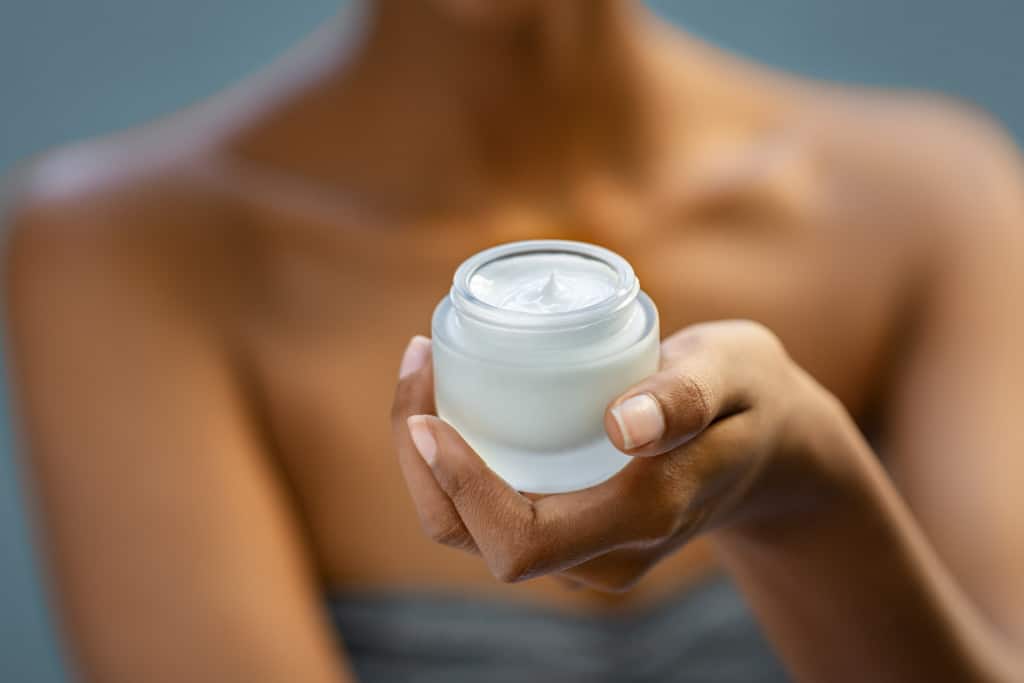- Acne, a common skin condition, varies in severity and can significantly affect an individual’s self-esteem and life quality.
- Severe acne’s leading causes include hormonal changes, genetics, diet, bacterial imbalance, and environmental factors.
- Treatment options for acne include topical treatments, oral medications, chemical peels, laser therapy, and professional extraction.
- Preventive measures involve maintaining a healthy diet, regular exercise, an effective skincare routine, stress management, and proper sleep hygiene.
- Consulting for professional advice can provide tailored solutions and help manage severe acne.
Acne is a widespread skin concern that can significantly impact self-esteem and quality of life. Here’s a look into the root causes of severe acne, explore effective treatment options, discuss preventive measures, and highlight the role of seeking guidance from a professional.
What is Acne?
Acne is a skin condition in which hair follicles are filled with oil, dead skin cells, and bacteria. This can lead to various blemishes, such as whiteheads, blackheads, pimples, and cysts. While acne is common during adolescence, it can affect individuals of all ages.
Additionally, acne can range from mild to severe. Severe acne is characterized by painful cysts that may require medical intervention. It can also have a psychological impact, decreasing quality of life and self-esteem issues. It’s essential to know the causes of severe acne and take steps to prevent it from occurring or getting worse.
Leading Reasons for Acne
There are various leading reasons for acne. Here are some of them:
1. Hormonal Fluctuations
Hormonal changes increase oil production, especially during puberty, menstruation, and pregnancy. This excess oil, combined with dead skin cells, can clog pores and lead to acne.

2. Genetics
Family history plays a role in acne susceptibility. Genetic factors influence how the skin responds to hormones and inflammation, determining an individual’s likelihood of developing severe acne.
3. Diet and Lifestyle
Consuming a diet high in sugary and processed foods can lead to spikes in insulin levels, triggering acne. Stress and inadequate sleep can also worsen hormonal imbalances that fuel acne breakouts.
4. Bacterial Imbalance
While Propionibacterium acnes is a natural skin bacterium, its overgrowth can lead to inflammation and acne. Maintaining a balanced skin microbiome is essential to preventing severe acne.
5. Environmental Factors
Pollution, humidity, and exposure to harsh chemicals can irritate the skin and contribute to acne development. Choosing non-comedogenic skincare products and protecting the skin can minimize these factors.
5 In-depth Treatment Options
There are various ways you can deal with acne. Here are well-known treatment options:

Topical Treatments
Over-the-counter or prescription creams and retinoids help unclog pores, reduce inflammation, and promote cell turnover. Additionally, antibacterial lotions, such as benzoyl peroxide or clindamycin, can reduce bacterial growth.
Oral Medications
In severe cases, dermatologists may prescribe oral antibiotics or hormone-regulating medications to control acne-causing bacteria and hormonal imbalances.
Chemical Peels
It’s good to use the peeling function of your skin and stimulate this process with the help of a professional. Local skincare clinics offer chemical peels that exfoliate the skin’s surface, promoting removing dead cells and unclogging pores. This can improve acne’s appearance and texture. Additionally, the clinic can diagnose and recommend other treatments.
Laser Therapy
Some clinics offer laser treatments that target acne-causing bacteria and reduce oil production, leading to fewer breakouts over time.
Extraction and Drainage
Skincare professionals can perform controlled extractions to remove stubborn blackheads and whiteheads, reducing the risk of infection and inflammation.
5 In-depth Ways to Prevent Acne
Prevention will always be better than cure. Here are ways you can prevent acne.
Healthy Diet
A balanced diet of fruits, vegetables, and lean proteins can regulate hormones and reduce acne triggers. Omega-3 fatty acids found in fish can also promote skin health.
Regular Exercise
Physical activity improves circulation, which can help maintain healthy skin. Remember to cleanse your skin after sweating to prevent pore clogging.
Effective Skincare Routine
A consistent regimen involving gentle cleansing, exfoliation, and moisturization can help prevent acne. Seek advice from professionals for personalized recommendations.
Stress Management
Use stress-reduction techniques like yoga, meditation, or deep breathing to control hormonal fluctuations.
Proper Sleep Hygiene
Quality sleep is essential for skin repair and hormonal balance. Aim for 7-9 hours of restful sleep each night.
Severe acne can be physically and emotionally challenging, but understanding its underlying causes and implementing effective treatment and prevention strategies can make a significant difference. Seeking professional advice from a local skincare clinic ensures access to tailored solutions that cater to individual needs. By addressing the root causes of acne, individuals can take control of their skin health and move toward a future with clearer, healthier skin.




